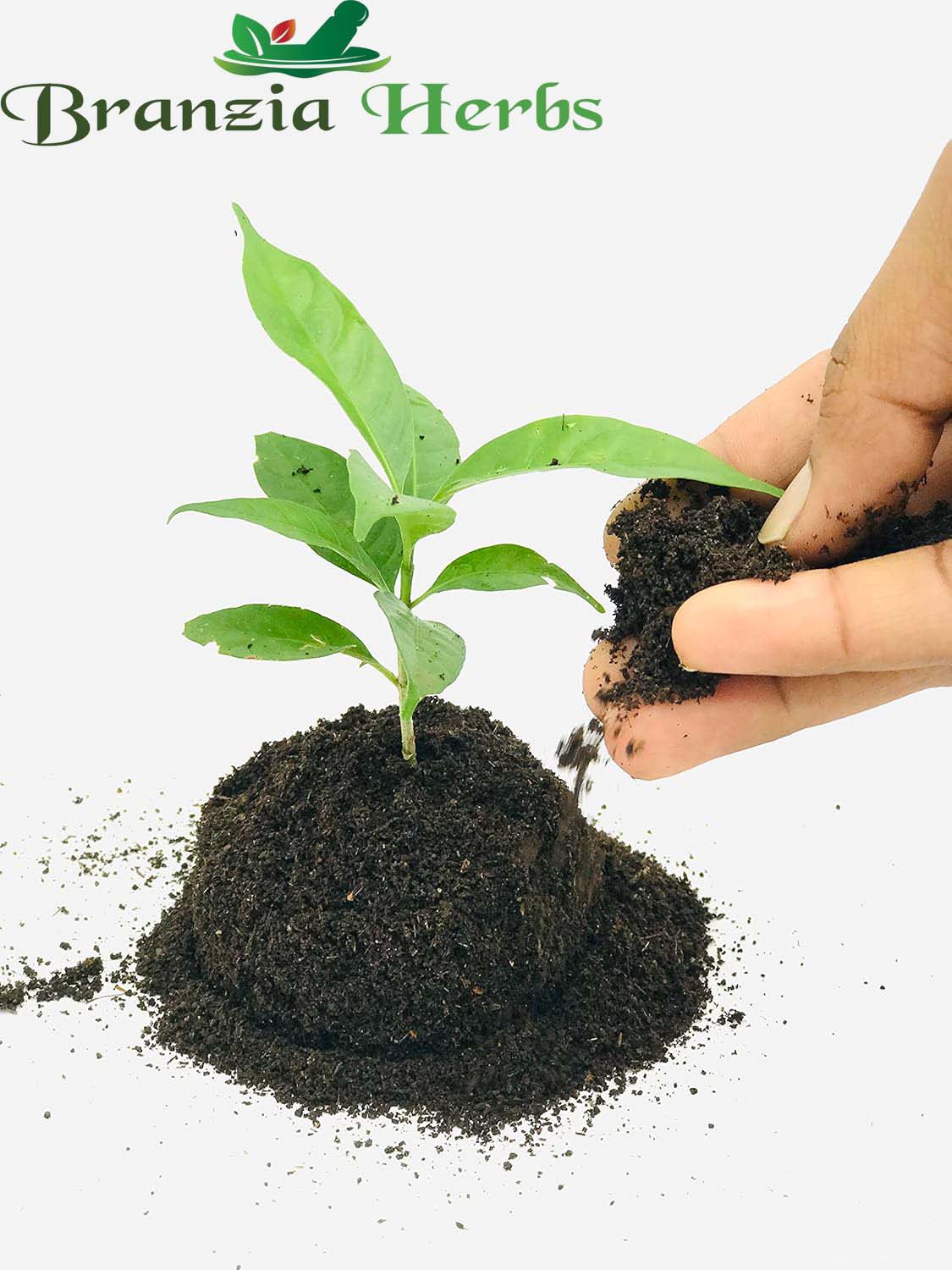Capsicum Mix F1 Hybrid Shimla Mirch refers to a mixed variety of bell peppers that are F1 hybrids. Here’s what you should know about this mix:
Characteristics:
-
Varieties Included: The mix typically includes multiple colors of bell peppers, such as red, yellow, orange, and possibly green. Each color brings its own unique flavor and nutritional profile.
-
F1 Hybrid: Being an F1 hybrid means these peppers are the first-generation offspring of two different parent plants. This breeding is intended to produce peppers with desirable traits such as uniform color, improved disease resistance, and higher yields.
Growing Tips:
-
Climate: Like other bell peppers, this mix thrives in warm climates with temperatures between 70-85°F (21-29°C). It requires a long growing season without frost.
-
Soil: Prefers well-drained, fertile soil with a pH level of 6.0 to 6.8. Enriching the soil with compost can improve growth and fruit quality.
-
Spacing: Space the plants about 18-24 inches apart to give them enough room to grow and allow for good air circulation.
-
Watering: Keep the soil consistently moist but not waterlogged. Water at the base to keep the foliage dry and reduce the risk of diseases.
-
Fertilization: Use a balanced fertilizer to support vigorous growth and fruit development. Regular feeding helps ensure healthy plants and a good yield.
Uses:
-
Raw: The mix of colors adds visual appeal and a variety of flavors to salads and fresh dishes.
-
Cooked: Ideal for stir-fries, roasting, grilling, and sautés. The different colors and flavors can enhance the taste and presentation of your dishes.
-
Stuffed: Great for stuffing with various fillings, allowing for a colorful and tasty presentation.
-
Sauces and Salsas: The mix can be used in sauces and salsas, providing a range of flavors and a vibrant look.
Benefits of F1 Hybrids:
-
Consistency: F1 hybrids are bred to provide uniformity in size, shape, and color, ensuring a more predictable harvest.
-
Disease Resistance: They often have improved resistance to common plant diseases, reducing the need for pesticides.
-
Higher Yields: Generally, hybrids are bred for better yield and quality, which can be beneficial for both home gardeners and commercial growers.







